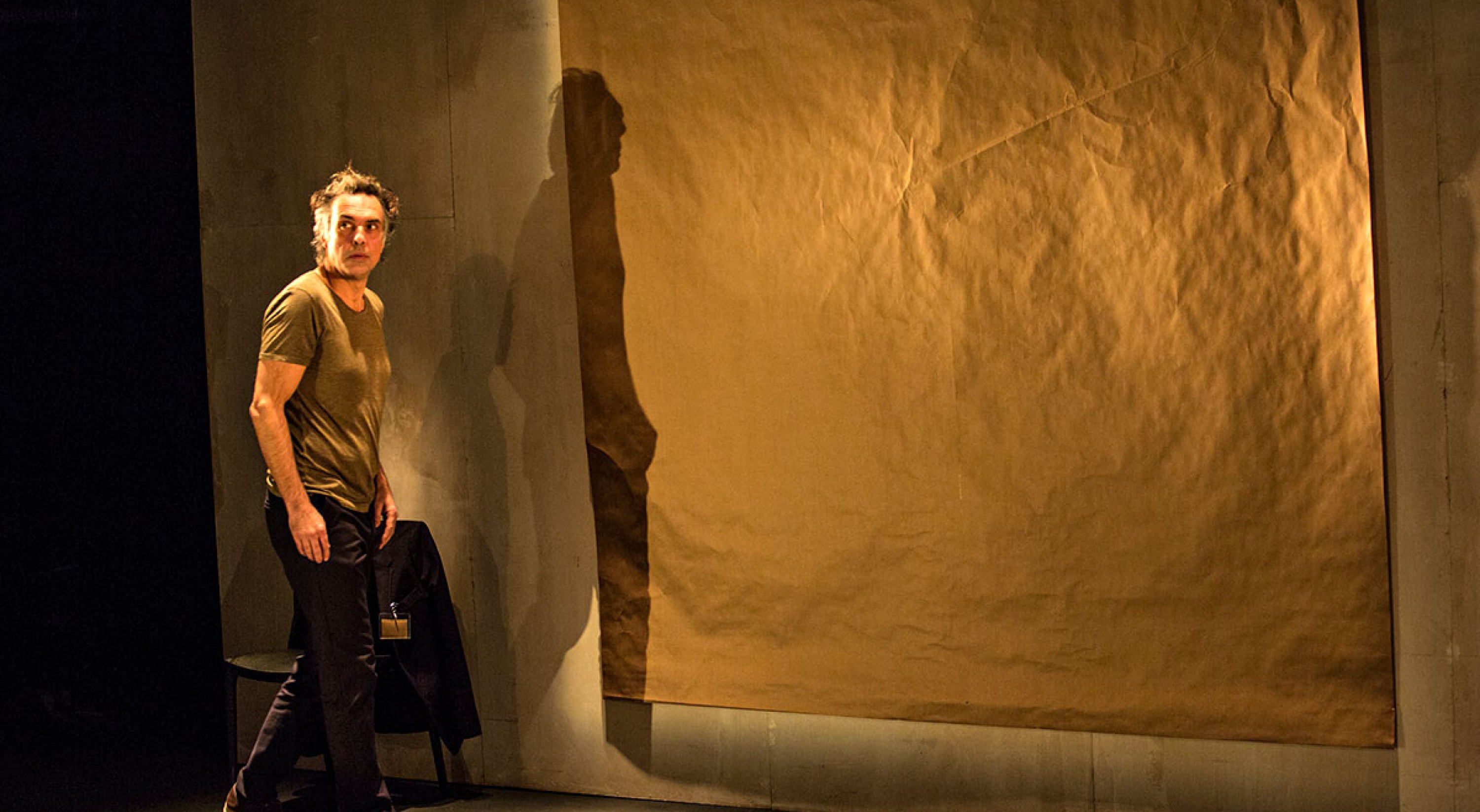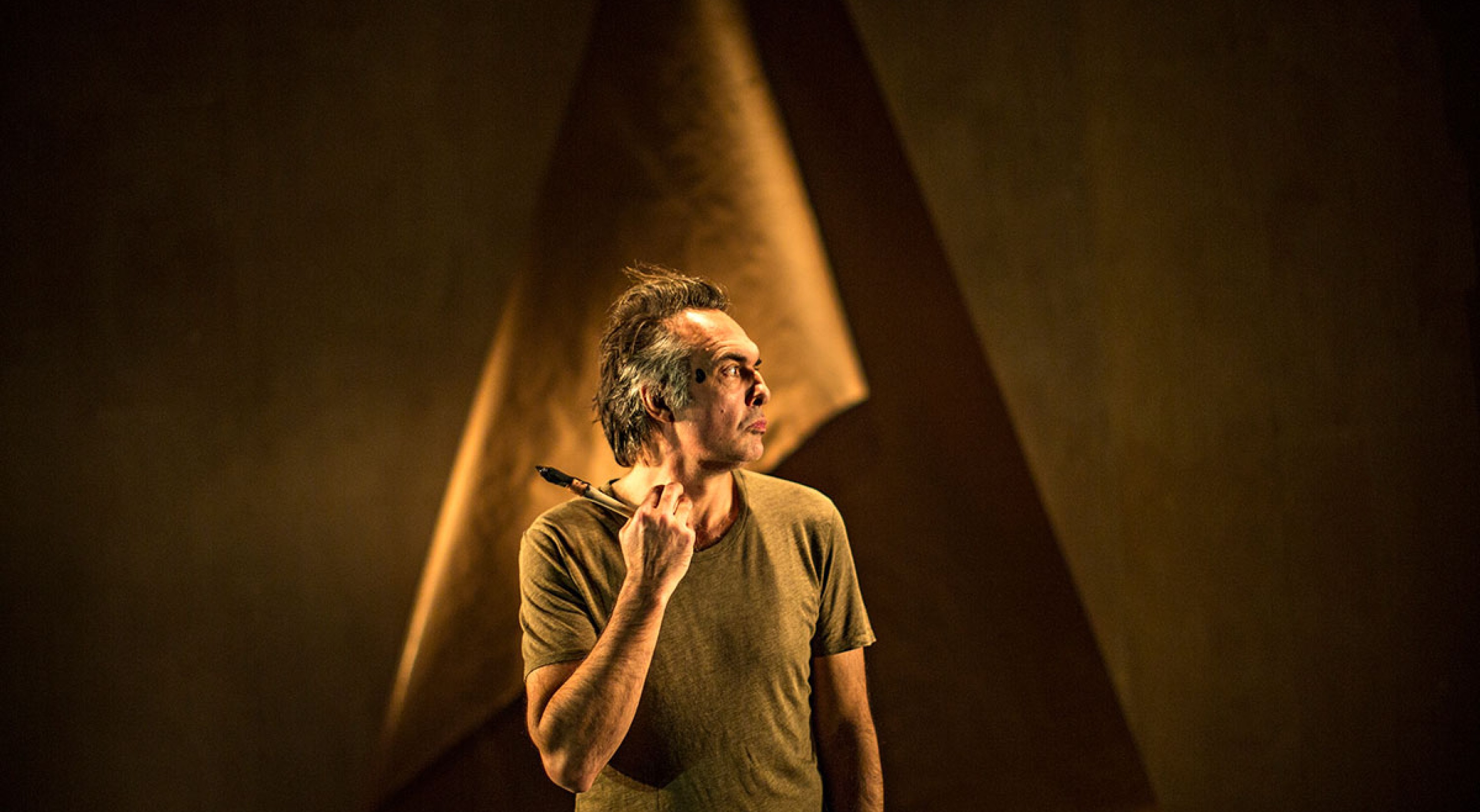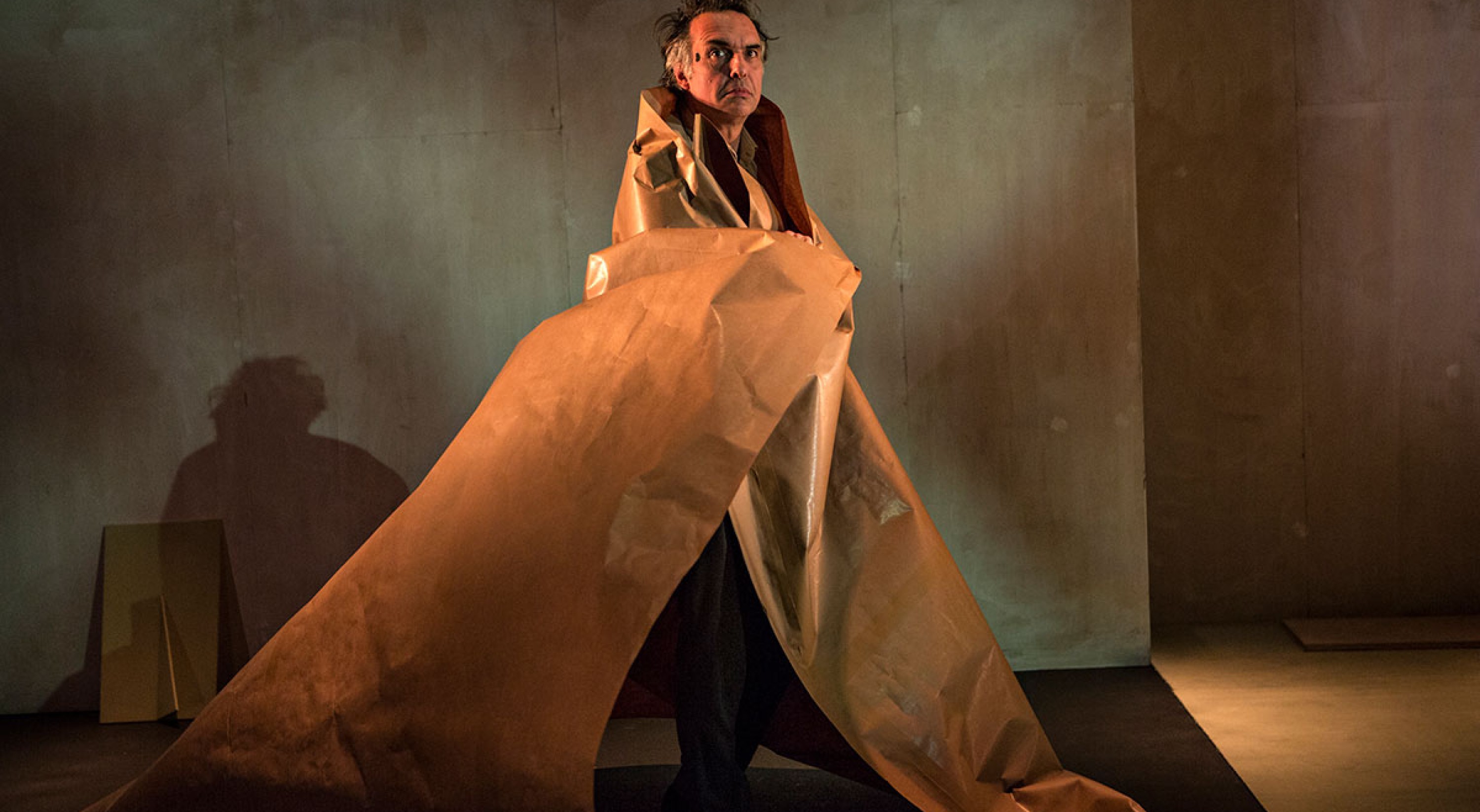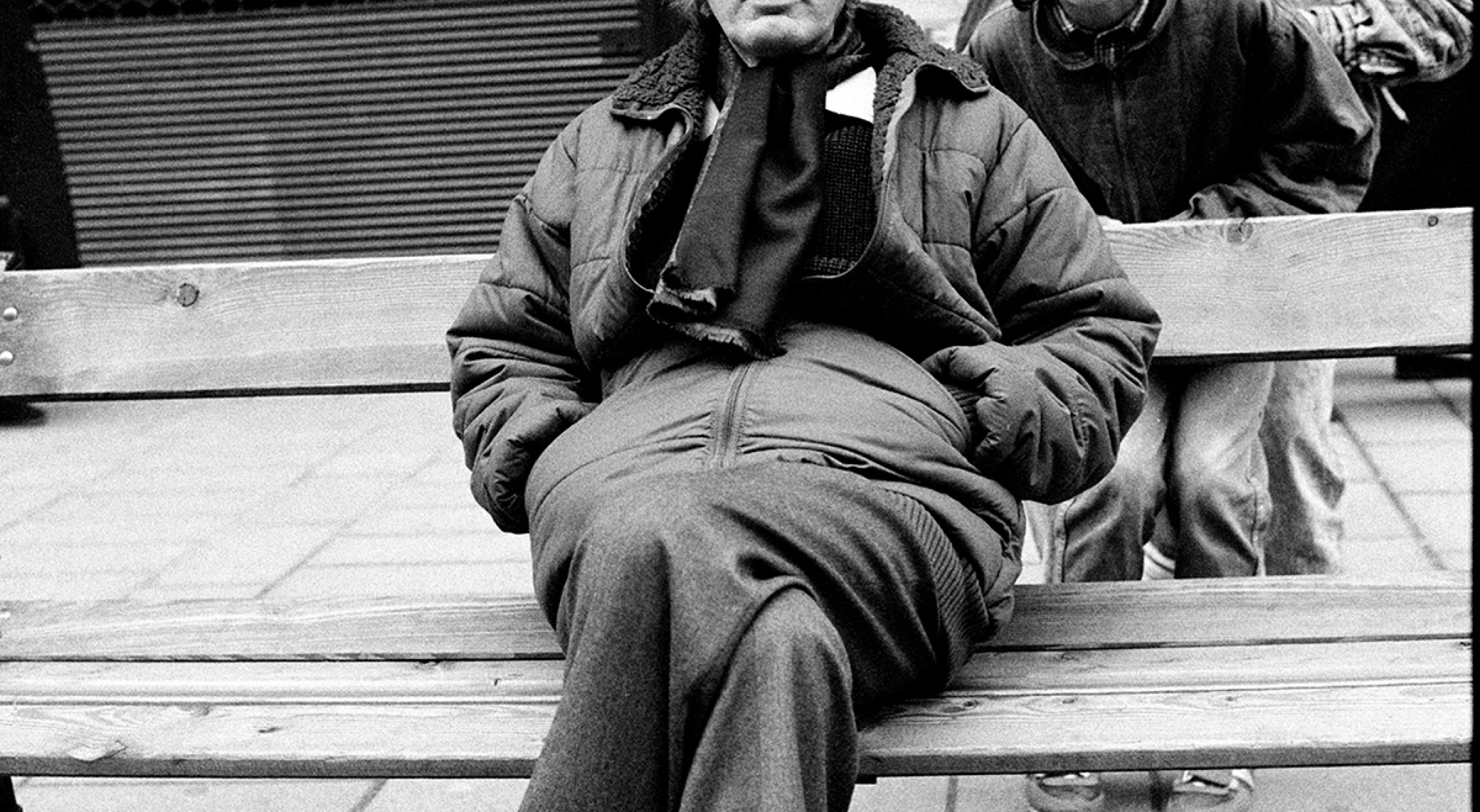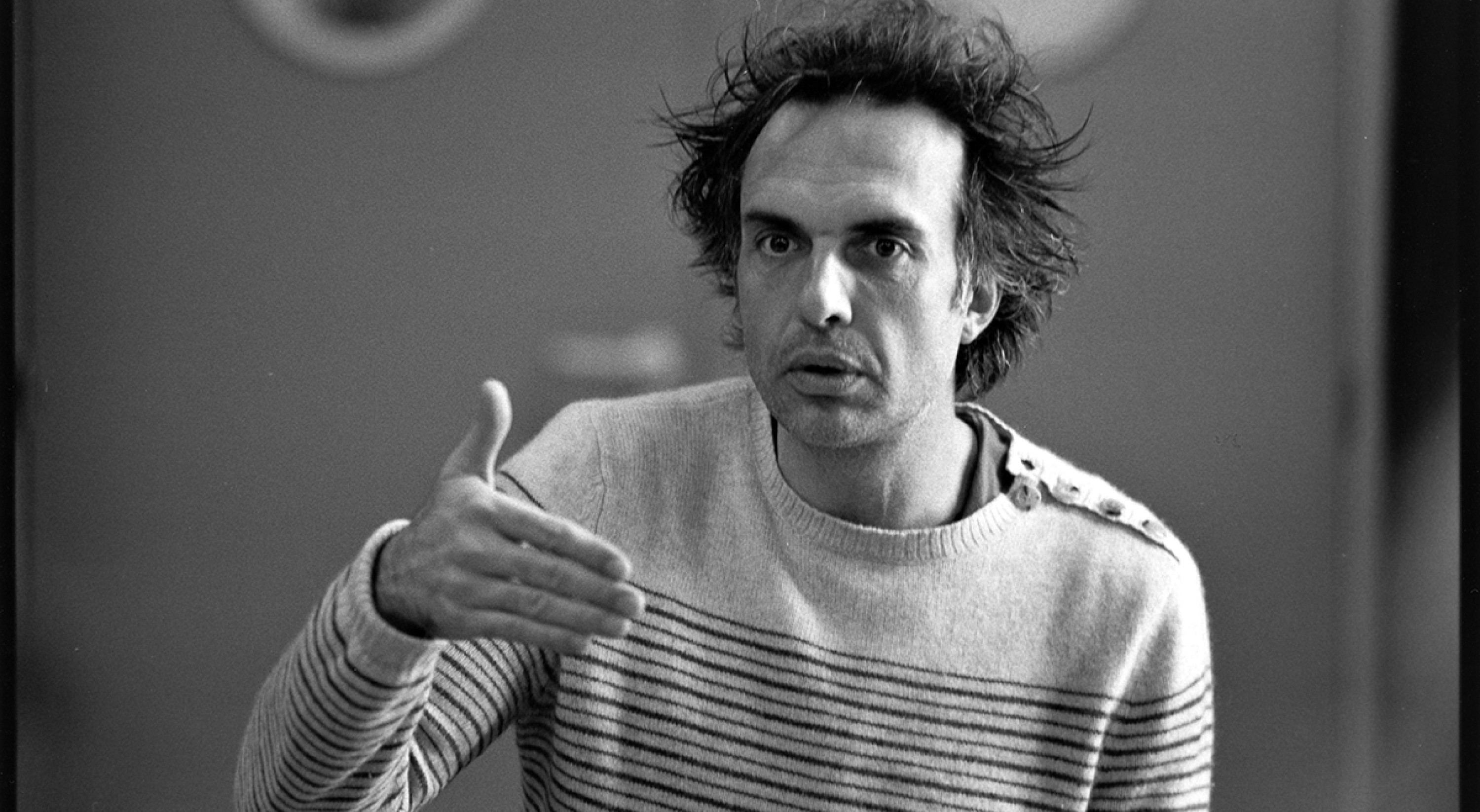Nicolas Bouchaud Éric Didry
Old Masters (comedy)
by Thomas Bernhard
novembernov 22 - december – dec 22
A project by and with Nicolas Bouchaud
Directed by Éric Didry
Translated into French by Gilberte Lambrichs, published by Editions Gallimard
Adaptation, Nicolas Bouchaud, Éric Didry, and Véronique Timsit
Artistic collaboration, Véronique Timsit
Set design, Élise Capdenat, Pia de Compiègne
Lighting, Philippe Berthomé
Sound, Manuel Coursin
Stage management, Ronan Cahoreau-Gallier
Production, Nicolas Roux
Produced by Nicolas Roux // Executive producer, Le Quai Centre dramatique national Angers Pays de la Loire // Co-produced by Festival d’Automne à Paris, Théâtre de la Bastille, Compagnie Italienne avec Orchestre Bonlieu – Scène Nationale, and Espace Malraux de Chambéry – Scène Nationale // In association with Théâtre de la Bastille (Paris) ; and Festival d’Automne à Paris // With the support of La Villette (Paris) ; du Nouveau Théâtre de Montreuil, CDN.// L’Arche is the theatrical agent for the text (www.arche-editeur.com) // First performed on the 7th November 2017 at Quai Centre dramatique national Angers Pays de la Loire // In partnership with France Inter
Thomas Bernhard’s penultimate novel is a liberating comedy which overturns everything in its passage, and in particular certain monuments of European culture - ranging from Beethoven to Heidegger, and from Veronese to Klimt. Accompanied by Éric Didry et Véronique Timsit, Nicholas Bouchaud brings out all of its relevance, whilst highlighting its acute observations about artistic transmission and heritage.
At Vienna’s Museum of Art History, the paths of three characters cross, and with it their thoughts on art, childhood, the Catholic State, the dirty condition of Viennese toilets, grief and even the music industry, that “true mass-murderer of humanity”... These three voices come together as one in a piece full of outbursts, ranging from the enraged, to the burlesque and the erudite. Little by little, the satire gives way to a family-based novel, consisting of the fictive biographies of the characters, interspersed with pages from their journals of mourning. How can we rid ourselves of our different forms of inheritance, from the collective to the intimate, in order to live in the present - whilst recognizing, at the same time, the undeniable hold they still exercise on us? How can we avoid turning the masters of the past into museum pieces? Drawing on a wide range of influences ranging from the Dada movement to Johnny Rotten, the show enquires into the essence of an artistic gesture that represents a clean break with all that precedes it. The staging blurs the distinction between the audience and the stage in order to better include them in the journey the words take. Indeed, what the Old Masters invite us to do is to get off the beaten track of the everything we take for granted. This radical approach to life and art is, above all, an open invitation to joy and a promise of emancipation.
In the same place
